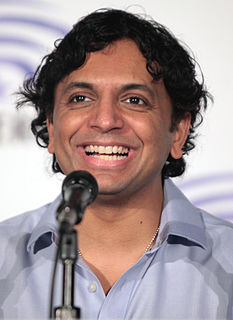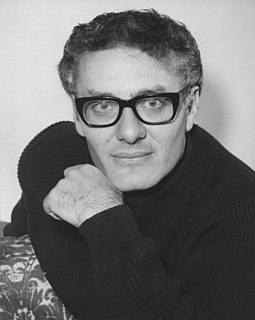A Quote by Tanya Saracho
The hierarchy plays out in the writers room, and you, as a staff writer, need to know your place.
Related Quotes
You run your plays, you know your plays, you study your plays, you study the other team, you do as much as you can, you go to practice, you get in shape, you do what you need to do, and then by the time you get to the game, you know your plays, but they have to feel like they're in your bones. That has to be an unconscious thing, it cannot be conscious. That is everything to me.
It feels as though a very disproportionate number of main characters are writers, because that's what the writer knows. Fair enough. But nothing bothers me more in a movie than an actor playing a writer, and you just know he's not a writer. Writers recognize other writers. Ethan Hawke is too hot to be a writer.
When you're young, your perception of what it means to be a writer is often less about the writing and more about what seems to be the accompanying life: speeches and travel and hanging out with other writers. You think that when you get published, your life will clarify itself to you somehow. But when you don't get published until you're middle-aged you know who you are already, and your life expands to make room for your writing, rather than orbiting around it. You realize that there's no one way to be a writer, and that the job is less of an identity and more of a vocation.
Literature is the one place in any society where, within the secrecy of our own heads, we can hear voices talking about everythingin every possible way. The reason for ensuring that that privileged arena is preserved is not that writers want the absolute freedom to say and do whatever they please. It is that we, all of us, readers and writers and citizens and generals and goodmen, need that little, unimportant-looking room. We do not need to call it sacred, but we do need to remember that it is necessary.
I think the one reason that writers marry other writers - one of the reasons that I married another writer - was, I fell in love with that writer. But second of all, I had been married before and a source of marital strife was me needing to go away for a couple of weeks to write or it's Saturday and I think I just need to work today and not hang out with you.
For me writing is a long, hard, painful process, but it is addictive, a pleasure that I seek out actively. My advice to young writers is this: Read a lot. Read to find out what past writers have done. Then write about what you know. Write about your school, your class, about your teachers, your family. That's what I did. Each writer must find his or her own kind of voice. Finally, you have to keep on writing.
To 'know your place' is a good idea in politics. That is not to say 'stay in your place' or 'hang on to your place', because ambition or boredom may dictate upward or downward mobility, but a sense of place - a feel for one's own position in the control room-is useful in gauging what you should try to do.





































